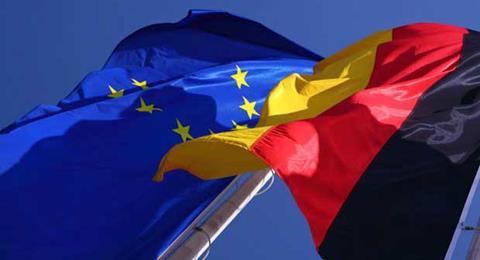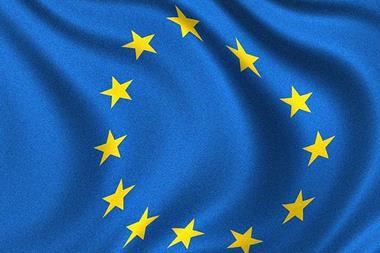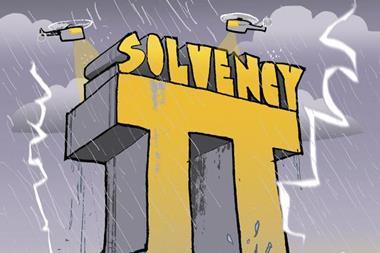The European Commission found that the scheme pursues an objective of common interest

Following an investigation, the European Commission has concluded that a German scheme exempting pharmaceutical companies from mandatory rebates was in line with EU state aid rules. In particular, it was found that the scheme allows the costs of the public health system to be kept under control through price freezes on certain medicines, without going beyond what is strictly necessary for this purpose.
Under Council Directive 89/105/EEC, member states are allowed to introduce price freezes on pharmaceutical products. Article 4(2) states that pharmaceutical companies can apply for a derogation from these price freezes in exceptional circumstances if justified for”particular reasons”.
Germany introduced such price freezes in the form of rebates to be granted by producers of certain prescription medicines of public sickness funds and private health insurers. The system works as follows: derogation may be granted if a company can prove that the mandatory rebate places an unacceptable financial burden on it.
The Commission started an investigation after a competitor complained that these derogations constitute illegal state aid. It was concluded that the scheme indeed involves state aid, since exemptions from the rebate increase the costs of public sickness funds. Additionally, only those companies that are able to prove that they are in financial difficulties owing to a price freeze can benefit from the exemption and receive a higher price for their sales than that of their competitors. This advantage affects competition and trade between member states.
Nevertheless, the Commission found that the scheme pursues an objective of common interest, namely to ensure that Germany can implement price freezes to keep the level of costs of the public health system under control. The way in which the scheme is designed also ensures that the aid is limited to what is necessary to reach this aim. There are in particular strict controls to monitor that the price freeze does indeed place an unacceptable financial burden on the company applying for the derogation. Besides, the existence of a direct causal link between the price freeze and this financial burden has to be proven. The Commission therefore concluded that the measure is compatible with Article 107(3)(c) of the Treaty on the Functioning of the European Union, that allows to grant aid to support certain economic activities provided that it does not unduly distort competition in the single market.




















No comments yet